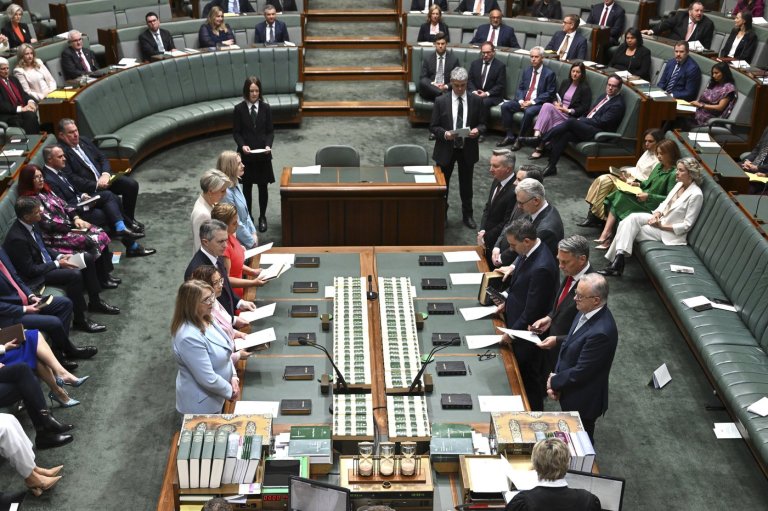
Supreme Court rejects push to remove Robert F. Kennedy Jr. from ballot in two swing states
WASHINGTON (AP) — The Supreme Court on Tuesday rejected an emergency appeal to remove Robert F. Kennedy Jr. from the presidential ballot in two battleground states.
Kennedy wanted to get off the ballot in Wisconsin and Michigan after dropping his independent bid and endorsing Republican Donald Trump in the tight contest. He argued that keeping him on violated his First Amendment rights.
Michigan and Wisconsin said removing his name now, with early voting underway days before the election, would be impossible.
The justices did not detail their reason in rejecting the emergency appeal. Justice Neil Gorsuch dissented in the Michigan case.
The presence of independent and third-party candidates on the ballot in swing states could be a key factor in the close presidential race. The high court previously rejected Kennedy’s separate effort to stay on the ballot in New York, a state where his presence is unlikely to make a difference in the race between Trump and Democrat Kamala Harris.
Kennedy has been working to get off the ballot in the seven key swing states since endorsing Trump. Wisconsin and Michigan are the last two where his name was expected to appear.
In Michigan, he notched an appeals court win but courts ultimately found he had missed the deadline to withdraw as the candidate of the Natural Law Party, which had wanted him to stay on.
In Wisconsin, courts found that qualified candidates who file nomination papers must remain on the ballot unless they die, and a plan to cover Kennedy’s name with stickers was unworkable.
Join the Conversation!
Want to share your thoughts, add context, or connect with others in your community? Create a free account to comment on stories, ask questions, and join meaningful discussions on our new site.













Leave a Reply
You must be logged in to post a comment.